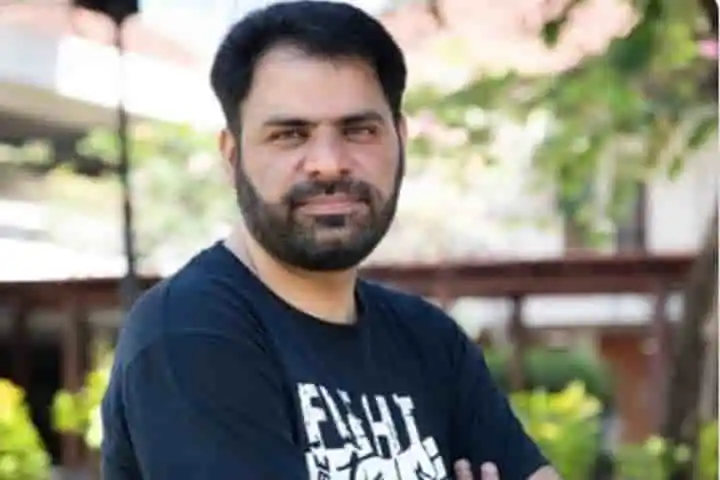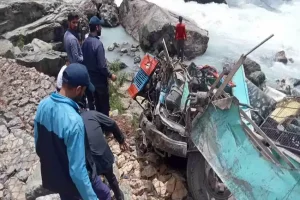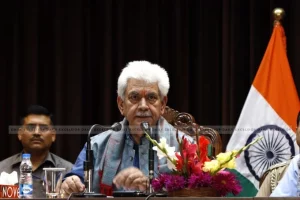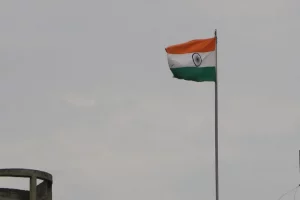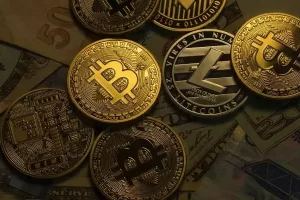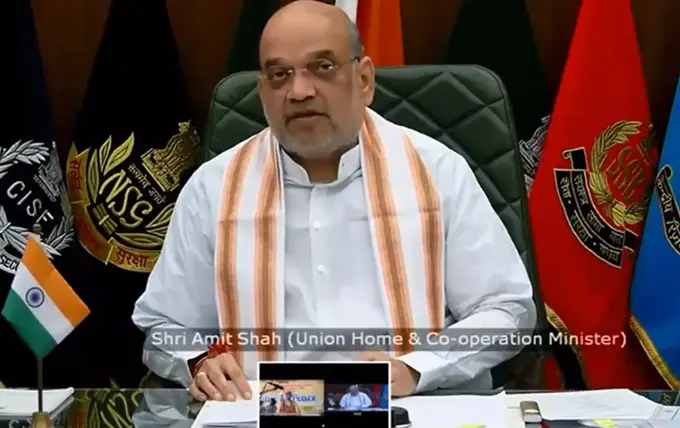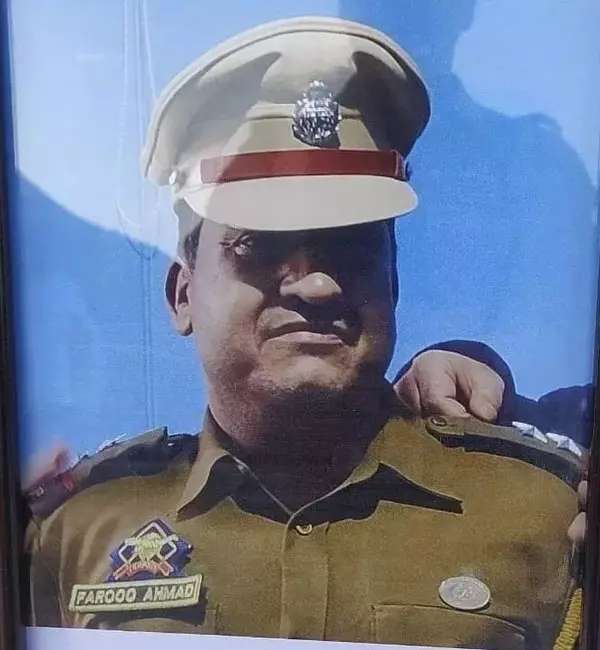After filing a fresh FIR under different sections of the Unlawful Activities (Prevention) Act, on 6 November 2021, followed by the arrest of Kashmir’s human rights activist Khurram Parvez, the National Investigation Agency (NIA) has launched a through probe into the reports of ‘corruption’ and flow of foreign funds into the local bank accounts of the Jammu and Kashmir Coalition of Civil Society (JKCCS). JKCCS is an amalgam of several human rights and civil society groups with international connections. Khurram has headed the JKCCS for many years.
On 22 November, NIA conducted searches at Khurram’s house at Sonwar and office at Amirakadal in Srinagar and took him into custody for sustained interrogation. Previously, on 28 October 2020, NIA had raided the offices of several human rights activists and some journalists, including that of Khurram, without affecting any arrest. Some sections of the media had speculated that the raids were a sequel to the Left-wing activist Gautam Navlakha’s arrest as he was known to be closely associated with Khurram and other Kashmir-based human rights activists.
However, the registration of fresh FIR early this month is interpreted as Khurram’s alleged involvement in a valley-based matter.
Sources associated with the investigation insist that the Central agency had initiated a thorough probe after receiving a dossier from a sister agency about the ‘flow of foreign funds’ to Khurram’s JKCCS for over 15 years without its registration as a society or non-governmental organisation (NGO) either with the Government of Jammu and Kashmir or with the Government of India. According to these sources, JKCCS under Khurram had reportedly received funds from Manila-based Asian Federation Against Involuntary Disappearances (AFAD).
The NIA was also looking into the transfer of an amount of $50,000 without FCRA registration given to Khurram with the Reebok International Human Rights award by the Reebok Foundation, USA, in 2006.
Khurram was previously arrested and detained for two months under Public Safety Act (PSA) in 2016, a day after he was stopped from travelling to Geneva, Switzerland, to attend the UNHRC session. In September last year, he spoke at the UN Working Group on Enforced Disappearances and the UN Committee on Enforced Disappearances.
UN Special Rapporteur Mary Lawlor has in a tweet described Khurram as “a human rights activist, not a terrorist” even as the Rafto Foundation, the World Organization Against Torture and Amnesty International have come out in his support. However, the Indian federal agencies believe Khurram to be linked to different international agencies, including the ISI of Pakistan, engaged in anti-India propaganda campaigns and supplementing the separatists’ political agenda.
The NIA in coordination of some sister agencies is now scrutinizing records to ascertain the nature of Khurram’s and JKCCS’s relationship with several local and international organisations including AFAD, Armed Conflict Resolutions and Peoples Rights Project, Centre for Non-profit and Public Leadership, Hass School of Business University of California, Coordination of Democratic Rights Organizations (CDRO), Kashmiri Women Initiative for Peace and Disarmament (KWIPD), International Peoples Tribunal on Human Rights and Justice in Indian-Administered Kashmir (IPTK), Public Commission on Human Rights (PCHR), Association of Parents of Disappeared Persons (APDP) and Lawyers Without Borders, the Netherlands.
According to the information available with the federal agencies, the JKCCS constituent APDP had received funds from a foreign organisation for construction of ‘Kashmir Peace House’ and a memorial for the people who had disappeared allegedly in custody of the security forces in Kashmir since 1990. Five kanal of land were purchased, 2.5 kanals each in the name of the heads of the two factions of APDP near Narbal Crossing on Srinagar-Baramulla Road.
The contract for the construction was arbitrarily given to a JKCCS functionary’s brother. Neither the Kashmir Peace House nor the memorial came up at the site. The NIA, according to sources, would investigate all the assets created for JKCCS and APDP, their funding sources and alleged ‘corruption and nepotism’ in these organisations. It has received reports that most of the functionaries of the two organisations were family members and relatives of two or three individuals. Sources said that the NIA would also question Khurram’s wife Samina who had worked with Action Aid International.
The NIA, according to sources, had learned how one Delhi-based benefactor and two international organisations stopped financial support to JKCCS and its constituents after they came to know during their visit to Kashmir that the beneficiary organisations were neither registered with the government nor had they constituted any Board of Governors or held elections for top positions.
According to the information with the Central agency, Stefanie Kuijvenhoven from IKV Pax Christi, the Netherlands reported on “financial impropriety in JKCCS” after visiting Kashmir twice. She wrote to IKV Pax Christi that the ‘Kashmir Project’ may be wound up for “bunglings”. Later Hans Gaasbeek, President of Lawyers Without Borders, the Netherlands, also reported about “corruption” in JKCCS. According to the dossier, Project Coordinator and Programme Officer on Kashmir for IVK Pax Christi, Marjan Lucas, also submitted her negative reports and most of the European funding to JKCCS stopped.
According to the records with the Central agencies, dissidents within JKCCS and APDP submitted complaints of “corruption and financial irregularities” to the Rapporteur of that the United Nations Working Group on Involuntary Enforced Disappearances (WGIED), Margaret Sekaggya, in presence of a leading lawyer and human rights activist from New Delhi in Srinagar in 2011. It stopped WGIED’s first financial assistance of 25,000 Euros to victims of the Kashmir conflict.
Even as WGIED had specifically made it a condition that the money equivalent to over Rs 17 lakh would be operated “in democratic and transparent manner”, it became known that entire operation was restricted to two New Delhi-based female activists, including a Kashmiri filmmaker, and President of a faction of the APDP. One of the members complained to Sekaggya that the head of a faction of APDP had put family members in important positions and her son was independently operating the bank account.
Also Read: Now Kashmir will have an elite terror investigation agency on the pattern of NIA






